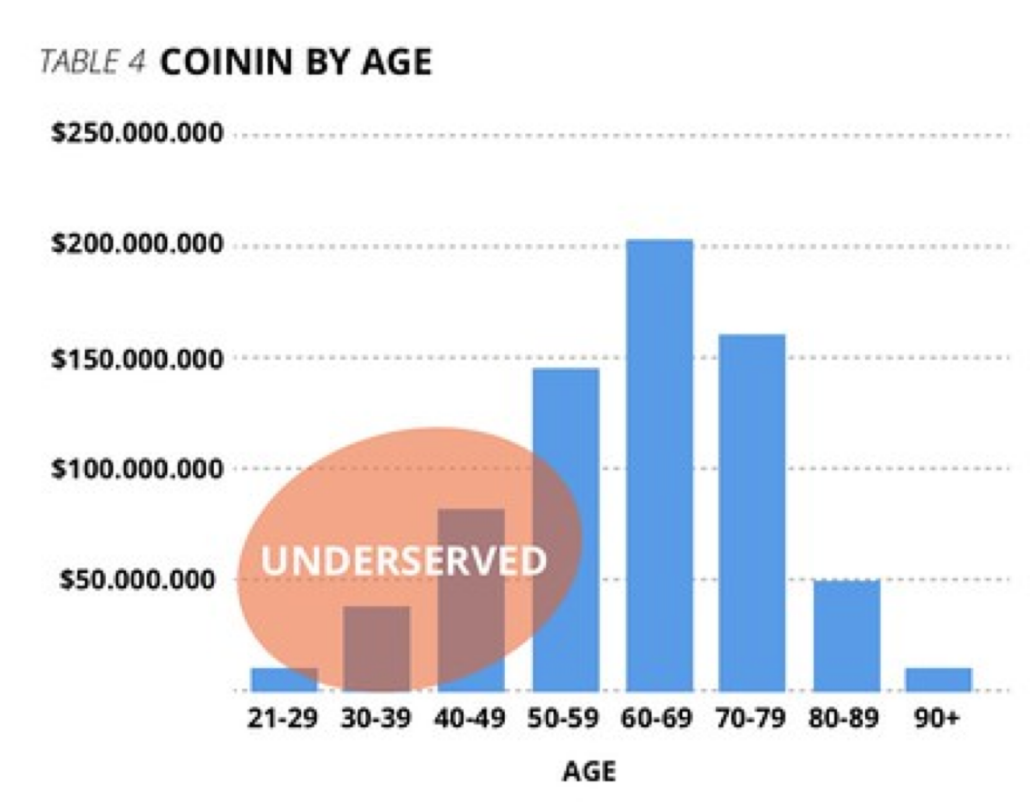The lack of new technology adoption on the casino floor and the gaming industry’s reliance on decades old technologies have significantly hampered industry-wide revenue growth. In fact, on an inflation adjusted basis, aggregate slot and table revenue at commercial and tribal casinos in the United States was flat in 2021 compared to 2007, despite expansion into new jurisdictions and the addition of many new casinos.




